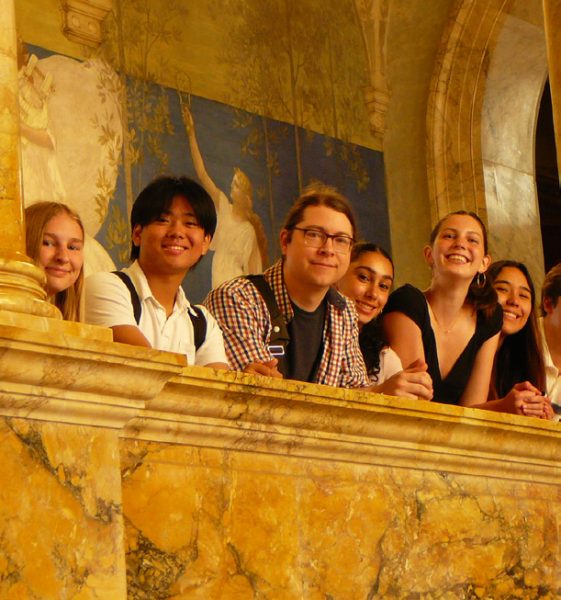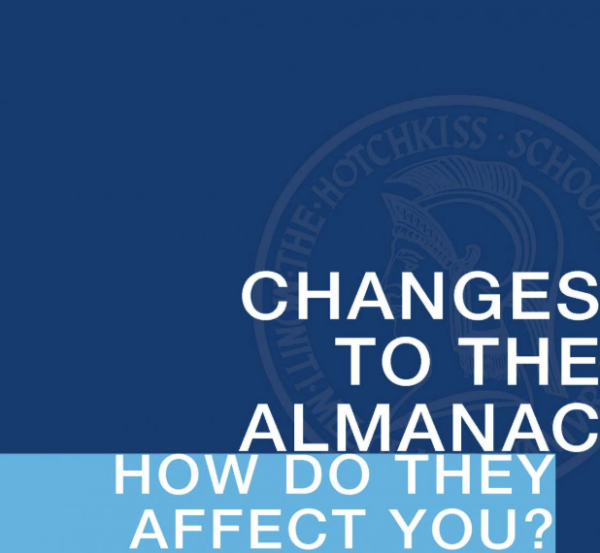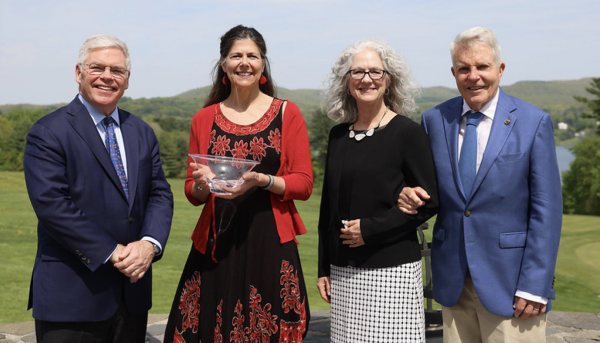Students Discuss Socioeconomic Class
Questions during last Wednesday’s Community Conversation addressed whether COVID-19 might impact students’ ability to afford tuition next year and why teachers might assume that wealthy students are more likely to cheat. The focus of this discussion was “Everything You Wanted to Know, But Were Afraid to Ask About Socioeconomic Class.”
At the discussion, students shared their perspectives on how socioeconomic status affects opportunities and culture at school, and the ways the school can be more inclusive to students from all types of socioeconomic backgrounds. Eliza Ross ’22 said, “The conversation was significant because socioeconomic status is one of the things that people don’t consider much when they talk about [diversity and inclusion], causing people to be insensitive about status and situation. I think the conversation was good to bring up the things that don’t get talked about but should be.”
Although many aspects of the conversations have not changed since the program transitioned to Zoom, holding these conversations on Zoom does offer greater anonymity since participants can turn off cameras, microphones, and change their name displays.
The structure of conversations differ from other affinity group or club meetings. Questions are submitted anonymously through a Google Form sent out by Dr. Rachel Myers, director of diversity and inclusion, a week before each discussion takes place. At the subsequent meeting, Dr. Myers reads each question and audience members belonging to the affinity group being questioned can respond. There are a list of guidelines for discussion reviewed at the beginning of each meeting, including points for participants to keep in mind, such as to only talk in the “I” perspective and to refrain from monopolizing the conversation.
The Community Conversations series originated two years ago from a collaboration between Dr. Myers and Mrs. Nancy Vaughn, wellness administrator and associate director of student activities. They recognized the school’s need for a judgement-free space for the community to talk about diversity-related topics about which community members might have questions. Previous topics have included LGBTQ identity, multi-racial identity, and religion. Dr. Myers said, “It’s really easy in a school community to get stuck through the daily cycles of life, and there aren’t many times to actually carve out the space and [talk about] the hard stuff. The conversations remind us to be thoughtful about diversity as a community.”
The Council on Diversity and Inclusion, which is co-chaired by Dr. Myers and Mr. Craig Bradley, head of school, is working on initiatives for Mental Health Awareness Month this May and this year’s final Community Conversation on white male privilege.





